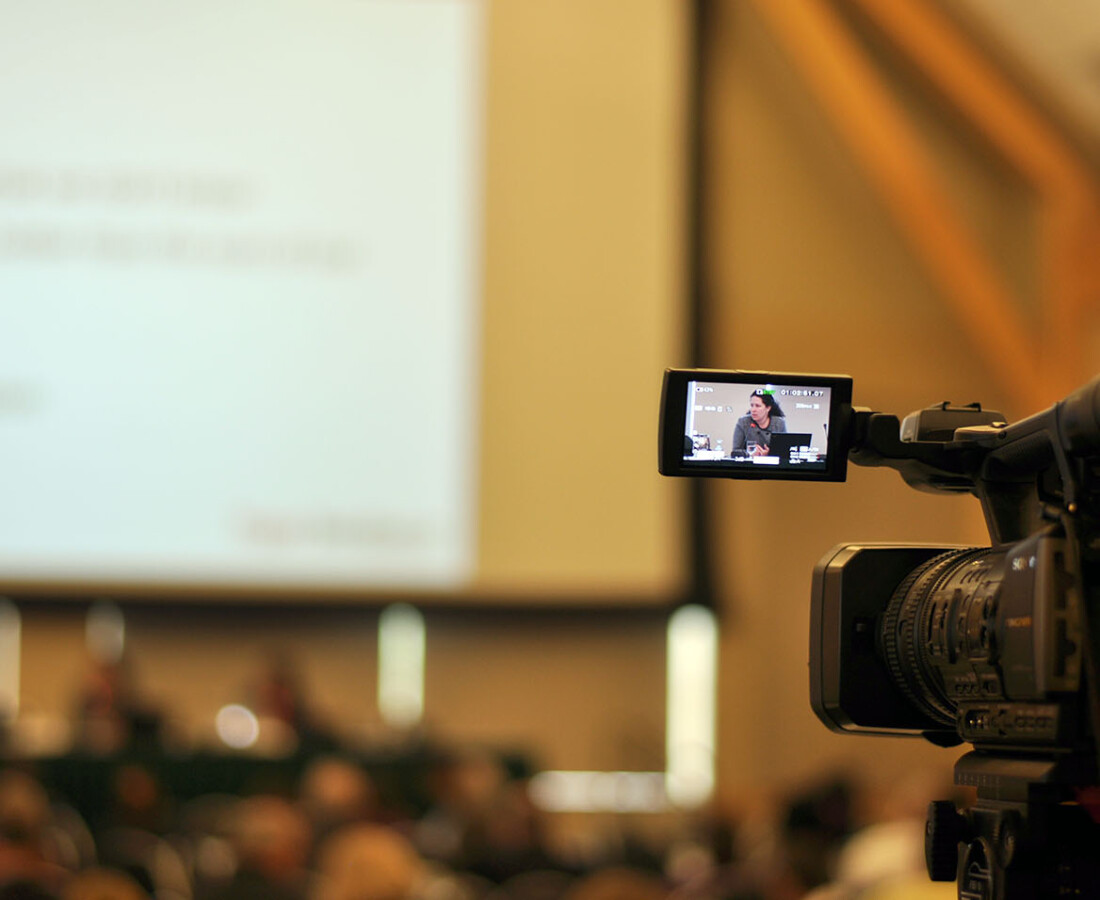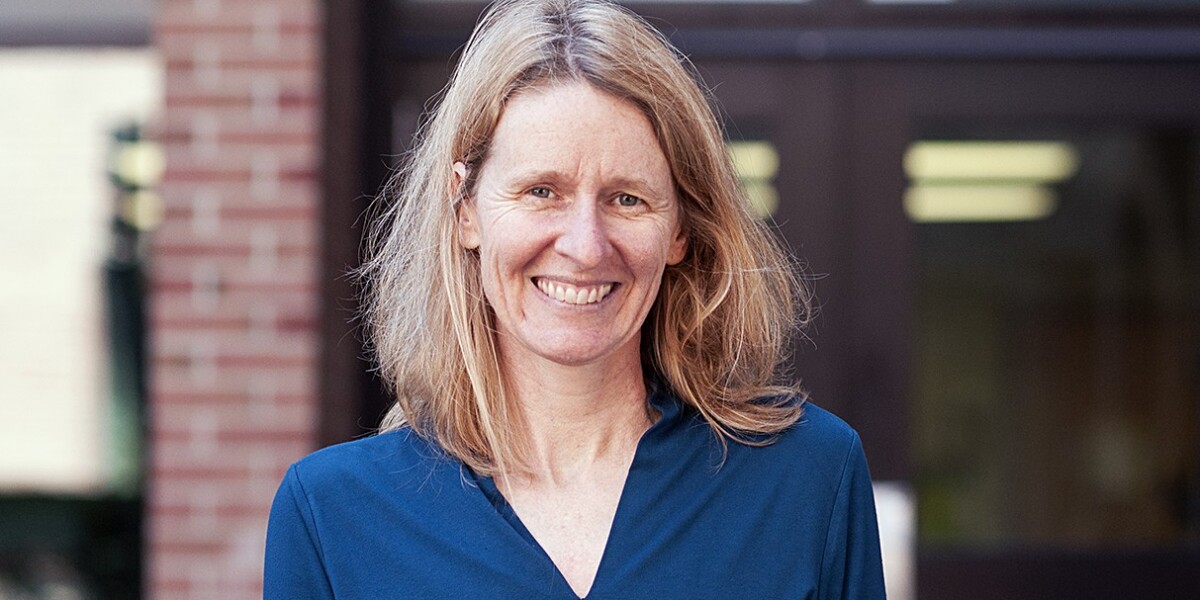A panel discussion at last year’s UVM Legal Issues in Higher Education Conference.
Stanford University student Brock Turner’s short jail sentence has triggered outrage against the judge and controversy over how the justice system treats sexual assault survivors.
Turner, 21, was released from jail in early September after just three months behind bars for sexually assaulting an unconscious 23-year-old woman at Stanford University.
According to the National Sexual Violence Resource Center, an estimated 20 percent to 25 percent of women will experience completed or attempted rape over the course of their college careers.
While the overall number of crimes reported by post-secondary institutions in the US decreased by 34 percent between 2001 and 2013, the number of reported forcible sex crimes on campus increased by 126 percent during this period—from 2,200 to 5,000—according to figures from the US National Center for Education Statistics that were published in May.
In an article published in Times Higher Education, Jeffrey Nolan, an attorney at law firm Dinse Knapp McAndrew, which specializes in legal issues affecting colleges and universities and campus safety, said that the increase is likely to be a result of universities better educating students about what constitutes sexual violence and better publicizing of how students can report such incidents.
Another reason, he said, is that institutions are changing the way that they deal with these reports, with a gradual shift away from a more public, face-to-face process.
“Once people who seek help at the reporting stage understand that they’re not going to have to do something that looks more like what they imagine a criminal trial would look like, they’re more willing to go ahead and participate in the process,” he said told the publication.
Christine Garcia, clinical director of the University of California, San Francisco’s (UCSF) Young Adult and Family Center and an expert at the National Center for Campus Public Safety, said that universities are becoming much more “trauma-informed” in how they deal with reports of sexual assault but there is still much work to be done to improve further.
She told Times Higher Education that this can involve focusing on sensory details rather than a timeline of events, investigators acting in a non-threatening way, and being upfront about the steps involved in the process.
“An investigator might say: ‘Tell me what happened in a linear fashion. You went out at such and such a time, and then what happened?’” she said. “Someone who has been through a traumatic event such as sexual assault doesn’t have that linear memory…The part of the brain that does the linear recall is kind of offline when a traumatic event is happening.”
Learn from the nation’s leading experts in campus public safety, higher education law, and student affairs at the 26th Annual Legal Issues in Higher Education Conference October 10-12, 2016 at the University of Vermont. Register here.




